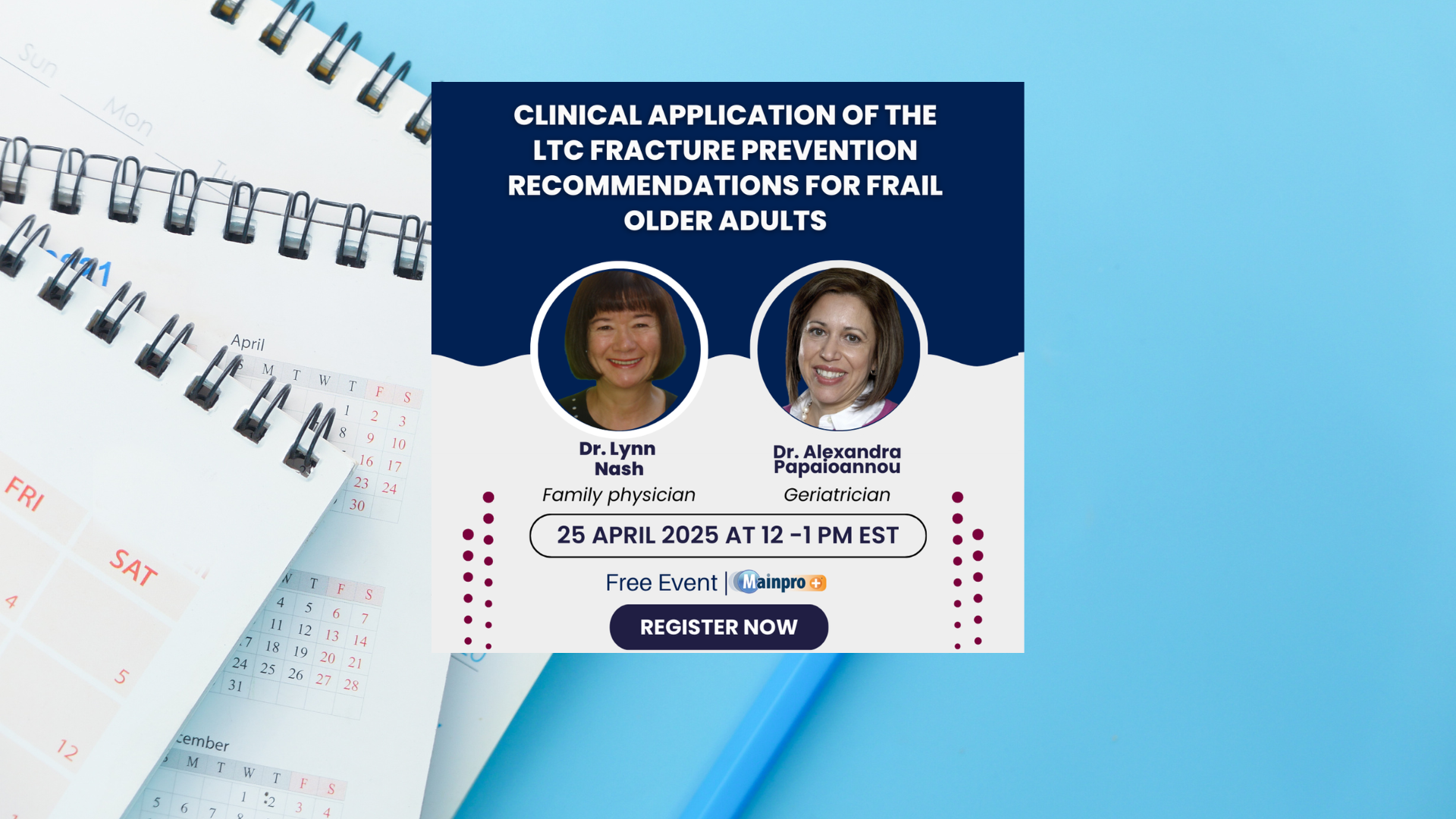Older patients having hip and knee replacements at Hamilton Health Sciences (HHS) are being recruited for a national study to help determine if regular exercise, improved nutrition and better medication management in the weeks and months leading up to their surgery will help them recover faster, and get back sooner to the activities they love.
“We’re assessing how quickly they recovered from surgery, and whether their pre-operative efforts help protect against the loss of muscle mass and strength during recovery.” — Dr. George Ioannidis.
Participants are frail adults with osteoarthritis, with the majority in their 70s. They are being recruited to take part by their orthopedic surgeons.
“It can take months, or even more than a year, for some older adults to recover from surgery if there’s a complication,” says Dr. George Ioannidis, co-investigator of the FitJoints randomized controlled trial and deputy director of the Geras Centre for Aging Research, a research centre at HHS that’s affiliated with McMaster University.
Long, slow recoveries and setbacks can significantly impact people’s quality of life and ability to bounce back to normal, says Ioannidis. “This study looks at taking a proactive approach to help patients recover faster.”
The Geras-led trial will run from March 2021 to March 2025 and is made possible by $700,000 in funding from Canadian Institutes of Health Research. The study’s orthopedic partners at HHS Juravinski Hospital and Cancer Centre, St. Joseph’s Healthcare Hamilton, London Health Sciences Centre and Foothills Medical Centre in Calgary will recruit 48 patients each, for a total of 192 patients.
“This is our large definitive study to see if our program can improve physical outcomes,” says Ioannidis, adding that it builds on two smaller, earlier pilot studies at HHS and St. Joe’s.
Building strength before surgery
Patients waiting three to nine months for their surgery are potentially eligible to take part, and are randomized into either the usual care pathway or a prehabilitation program through the study to help people prepare for surgery. Usual care, which is the current standard of care, includes patient education and possibly also a recommendation to discuss the benefits of fitness and nutrition leading up to surgery with their family doctor.
The prehabilitation group spends the time leading up to their surgery preparing through regular exercise, improved nutrition and better medication management.
- Exercise: Physiotherapists with the study prescribe an exercise program tailored to the patient’s individual abilities and preferences with a focus on improving strength, balance, cardiovascular fitness and flexibility. Patients are given an exercise program to follow at home, and visit their physiotherapist once a month for monitoring of any improvements.
- Nutrition: Site research assistants coach patients to improve their nutrition, determine their daily protein target and provide educational tools on how to achieve their targets. Patients receive protein supplements and vitamin D3 tablets to reduce the risk of falls and to preserve muscle strength and functional ability.
- Medication optimization:Pharmacists with the study conduct medication reviews and provide recommendations for improvements to patients’ medications if needed.
Monitoring improvements
Patients are assessed at the beginning of the trial, and again one week before, and again three months after their surgery. The assessment includes tests for any changes in walking speed, their ability to rise from a chair and a balance test.
“We’re assessing how quickly they recovered from surgery, and whether their pre-operative efforts help protect against the loss of muscle mass and strength during recovery,” says Ioannidis.
“We’re also looking at whether patients report less pain and fewer complications after their surgery. We believe that the combination of exercise, nutrition and managing medications will improve physical performance, reduce frailty, and improve post-operative outcomes, giving older adults an opportunity to more quickly enjoy the benefits of their hip and knee replacements, including pain relief and improved independence.”
Empowering patients to take an active role in their care and recovery journey could lead to reduced wait times for surgery as patients are better prepared to undergo the procedure sooner. This could also lead to patients doing better with their rehabilitation after surgery, and improved long-term outcomes and quality of life, he adds.


